The link from the title takes you to a page that no longer exists. Please use this link instead: http://elearninginfographics.com/competency-based-education-learning-infographic/
Get Started for FREE
Sign up with Facebook Sign up with X
I don't have a Facebook or a X account
 Your new post is loading... Your new post is loading...
 Your new post is loading... Your new post is loading...
Amanda's curator insight,
July 1, 2013 4:15 PM
This article talks about final exams and the methods we use to srudy for them. Rather then just memorizing what you need to know just to forget it down the road if you use more creative ways to study it will stick with you longer. |

Ryan McDonough's curator insight,
July 7, 2014 8:19 AM
Self explanatory visual on the benefits of gaming as a means of learning. Outlined are the rewards, mastery, engagement, intensity, exercise, readiness, and competitiveness. These types of graphics need to be displayed in the classroom. There's always parents who are unsure of how gaming qualifies as teaching. Can't they just sit their kid in front of an iPad all day at home? Well, in the appropriate setting, with the right direction and guidance, games are certainly good for learning. Some people just don't know that from experience yet. |



![Competency-Based Education is Changing Mainstream Learning [Infographic] | Eclectic Technology | Scoop.it](https://img.scoop.it/MrfGfZKjBNesOSgGZs99Hjl72eJkfbmt4t8yenImKBVvK0kTmF0xjctABnaLJIm9)





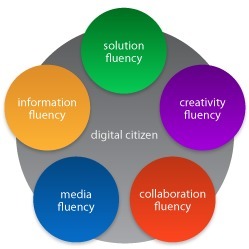
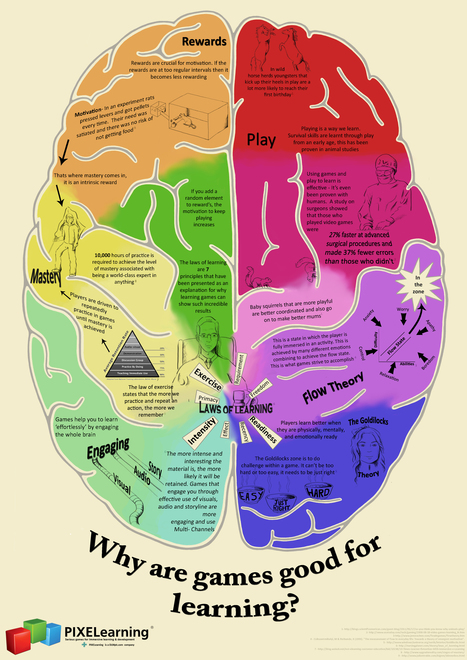


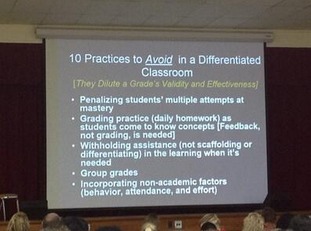
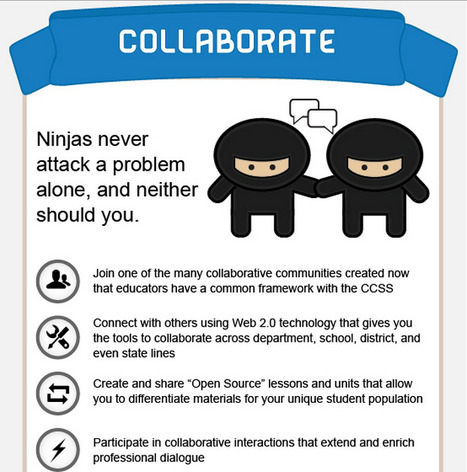
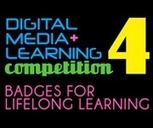






Nursing education, at pre and post graduate level, is largely founded in competency based education. This infographic is a great overview of this process and the benefits of implementing competency based assessment.